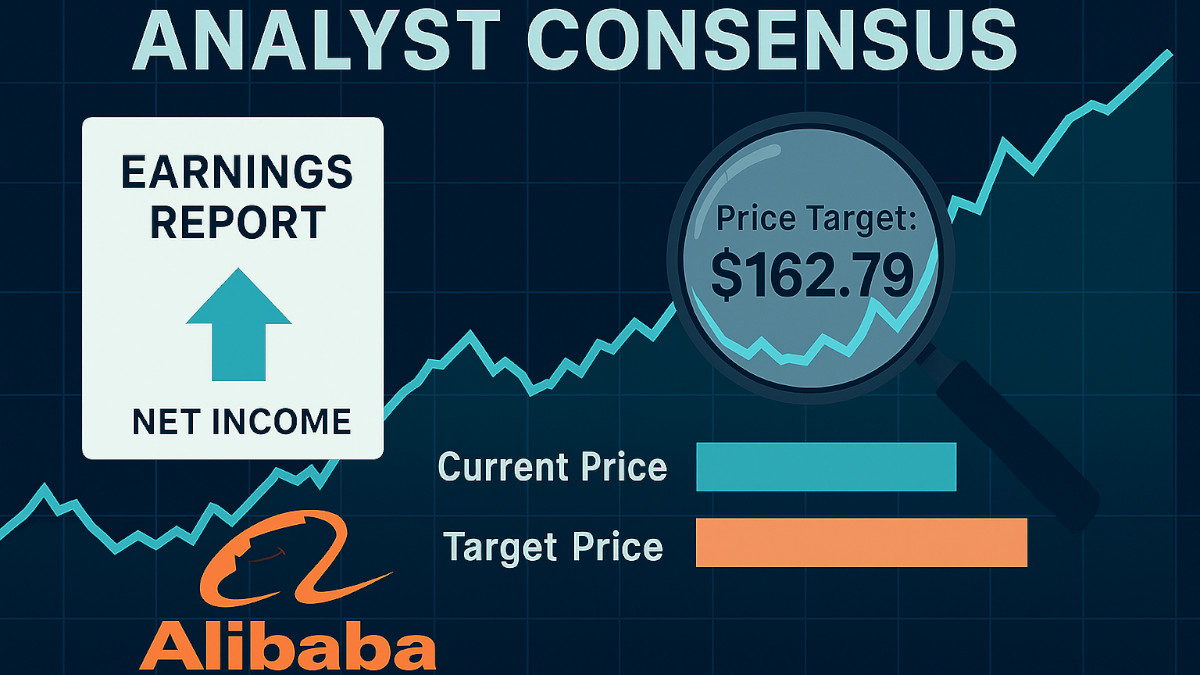- تحليلات
- أخبار التداول
- Why is Alibaba Raising $5 Billion Now?
Why is Alibaba Raising $5 Billion Now?

Alibaba Group, China’s biggest e-commerce company, is planning to raise $5 billion through a multi-part bond sale, making it the largest corporate bond deal in the Asia Pacific this year. This move shows the company’s efforts to strengthen its finances, drive growth, and boost returns for its shareholders in a rapidly changing economic environment.
Diversified Funding Strategy
Alibaba’s bond offering includes both dollar-based and offshore yuan bonds, showing its focus on diversifying how it raises funds. The dollar bonds will have terms of 5.5, 10.5, and 30 years, while the yuan bonds will offer 3.5, 5, 10, and 20-year options. By spreading out the repayment timelines and using two currencies, Alibaba is appealing to a wide range of investors from both global and regional markets.
This mix of currencies aligns with China’s goal to promote the yuan internationally while allowing Alibaba to maintain its global presence. It also helps the company reduce currency risks and ensure steady access to funding.
Strengthening Balance Sheet and Shareholder Value
Alibaba plans to use the funds raised for general purposes like
- Paying off debt - paying down debt shows the company’s effort to strengthen its finances and lower its risks in an unpredictable global economy.
- Buying back shares - share buybacks show Alibaba’s confidence in its future growth and its commitment to rewarding shareholders.
Alibaba’s $5 billion bond offering reflects its strong position in the market. If successful, it will further build investor confidence in the company’s financial stability and growth potential, even amid broader economic uncertainties and slower growth in China.
The size of the offering, the largest in the Asia Pacific region this year, highlights Alibaba’s ability to access significant capital, setting a positive example for other major companies in the region.
Why Now?
Alibaba’s bond move comes at a pivotal moment, with fluctuating global interest rates and slowing economic growth. The timing suggests Alibaba is seeking to lock in favorable terms before conditions tighten further.
The inclusion of long-term bonds, such as the 30-year dollar and 20-year yuan tranches, indicates a focus on securing liquidity for its future growth. Also, the offshore yuan tranche aligns with China’s broader goals to strengthen the yuan’s global standing and reduce reliance on the dollar in international markets.
While the bond offering appears strategically sound, there are risks involved.







